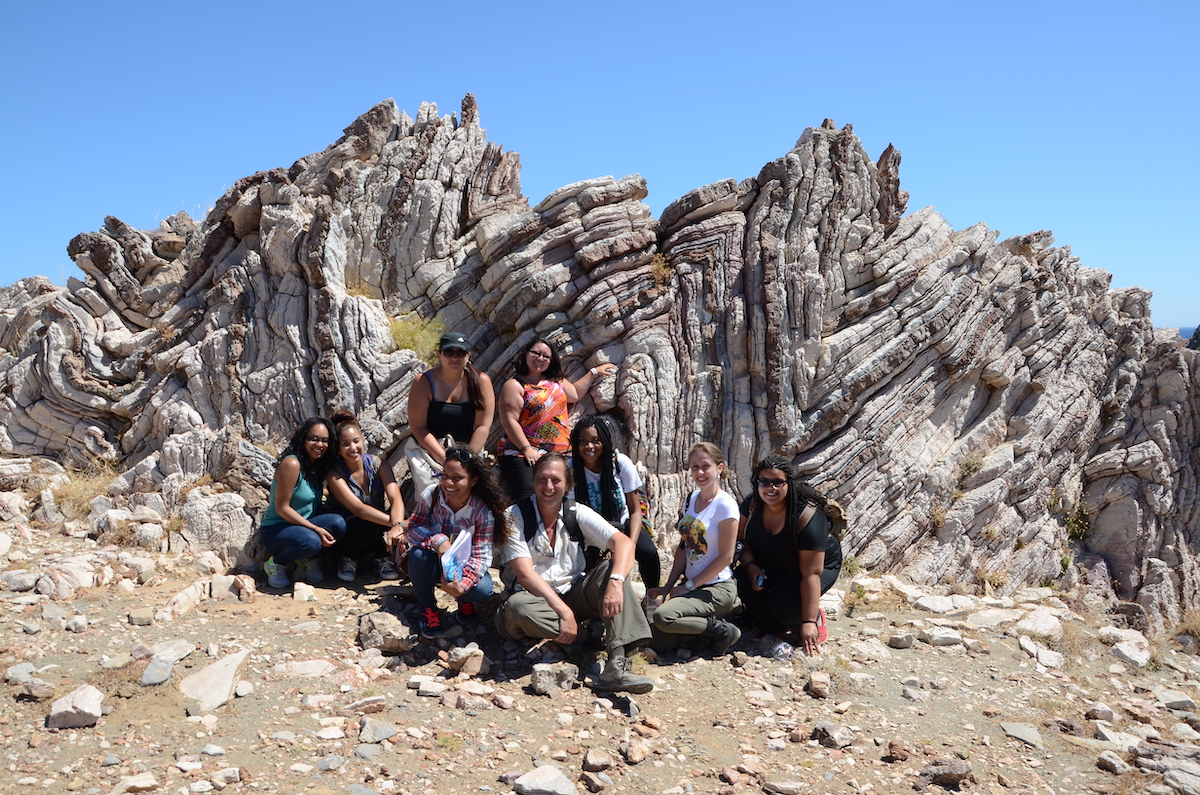CONTACT
-
Department of Earth, Environmental, and Geospatial Sciences (EEGS)
718-960-8660
Gillet Hall, Room 315
Earth Science

Earth Science today is an interdisciplinary complex consisting of earth processes and their interaction with society. These include atmospheric, surface, hydrological, oceanographic, and biological processes. Some, like tornadoes and earthquakes, bring devastation and some, like ground water and ocean currents, bring resources necessary for humans to thrive. New technological advances in global observation systems by The National Aeronautics and Space Administration (NASA) allow us for the first time to collect and process enormous amount of global data on an hourly, daily and monthly basis.
Petabytes of data are available now for analysis of earth processes related to societal issues such as climate change, natural hazards mitigation, deforestation, agriculture management, and many others. The analysis of these processes involves machine learning and artificial intelligence among other traditional computer sciences methods. This leads to the necessity of growing a new cluster of specialists with knowledge of the earth and computer science. Our new Earth Science program at Lehman College provides students with the necessary knowledge and means to achieve their goals in the understanding of earth processes and the information that leads to the discovery of new links and connections between multiple facets of Earth processes and human interaction.
- BA in Earth Science (30 credits)
- Minor in Earth Science (13 credits)
CONTACT
-
Department of Earth, Environmental, and Geospatial Sciences (EEGS)
718-960-8660
Gillet Hall, Room 315 - See all contacts








